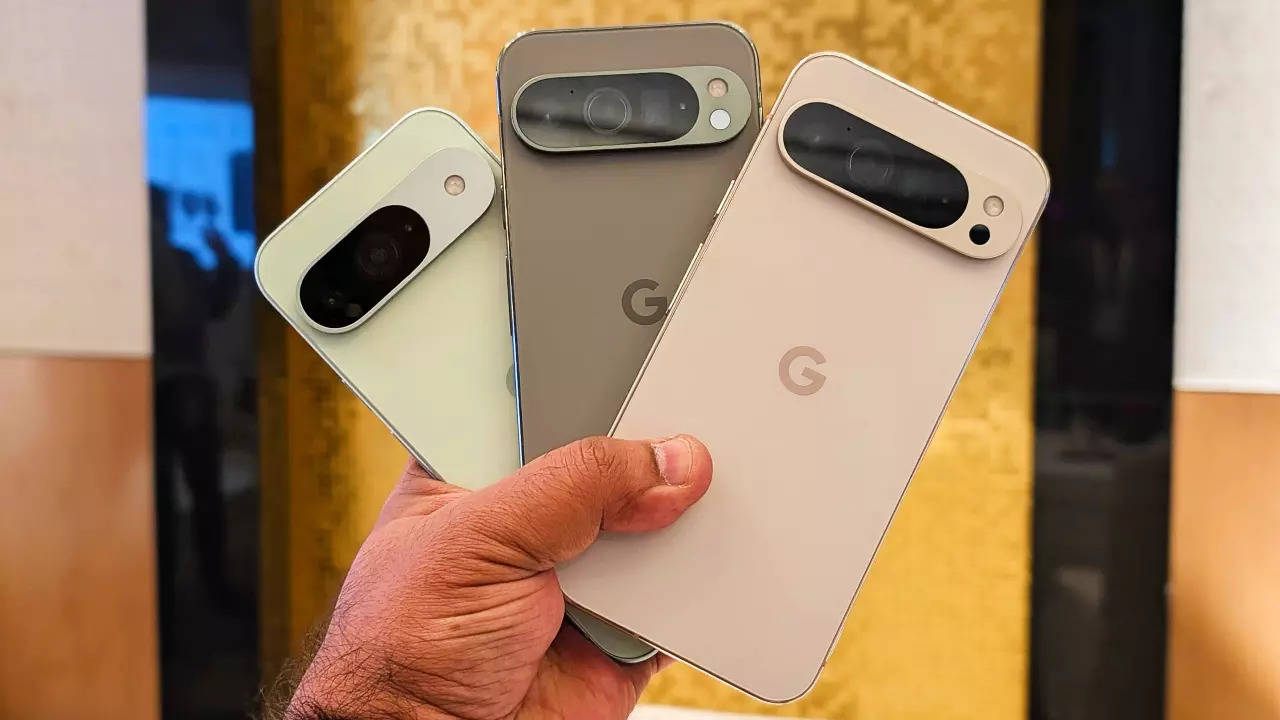Google Unveils Pixel 9 Series with Next-Level AI Technology
Google released a series of new products, focusing on the latest Pixel 9 series and its application of AI technology.

On August 14, 2024, Google released a series of new products, focusing on the latest Pixel 9 series and the application of its AI technology.
The Pixel 9 series released this time includes Pixel 9, Pixel 9 Pro, Pixel 9 Pro XL and folding screen mobile phone Pixel 9 Pro Fold. All devices are equipped with Google's self-developed Tensor G4 chip, with memory configuration starting from 12GB, and the Pro series is 16GB, with differences in hardware configuration.
Pixel 9 and Pixel 9 Pro are equipped with 6.3-inch screens, of which the Pro version uses a higher-parameter LTPO screen, while the Pixel 9 Pro XL is 6.8 inches; the inner screen size of Pixel 9 Pro Fold has increased from 7.6 inches to 8 inches, and the outer screen has expanded from 5.8 inches to 6.3 inches.
In terms of camera, all models are equipped with a 50-megapixel wide-angle lens and a 48-megapixel ultra-wide-angle lens. The Pro series also adds a 48-megapixel ultra-wide-angle lens, and supports 5x optical zoom and 30x digital zoom. The front selfie camera is upgraded to 42 megapixels.
In terms of pricing, the Pixel 9 starts at $799, the Pixel 9 Pro and Pixel 9 Pro XL start at $999 and $1,099 respectively, and the Pixel 9 Pro Fold starts at $1,799.
The new mobile phones released by Google this time place special emphasis on the application of AI functions. Pixel 9 Pro series users will receive a one-year Gemini Advanced subscription, which is also a prerequisite for using the Gemini Live function, which is similar to ChatGPT and can achieve more natural voice conversations.
Google also launched a new Pixel Screenshots app that uses the Gemini Nano AI model to analyze and organize screenshot content, such as automatically extracting saved password information and linking it with apps such as calendars.
In addition, Google released Pixel Studio, a graphics software based on the device-side model and the cloud-based Imagen 3 text-to-image model, and introduced the AI group photo function "Add Me", which allows users to take photos separately and then synthesize a single photo by AI, eliminating the need for tripods and strangers to help.
The new phone also has an AI call recording function, which can provide a summary of the call content and a complete voice transcription document after the call ends. All processing is done locally on the device to protect user privacy.
The Pixel 9 series also introduced the satellite SOS function, which allows users to contact emergency rescue personnel and share location information via satellite even without cellular network service. This feature will be enabled first in the United States and will be free for use within the first two years after purchasing a Pixel 9 series phone.
Disclaimer: The views in this article are from the original Creator and do not represent the views or position of Hawk Insight. The content of the article is for reference, communication and learning only, and does not constitute investment advice. If it involves copyright issues, please contact us for deletion.